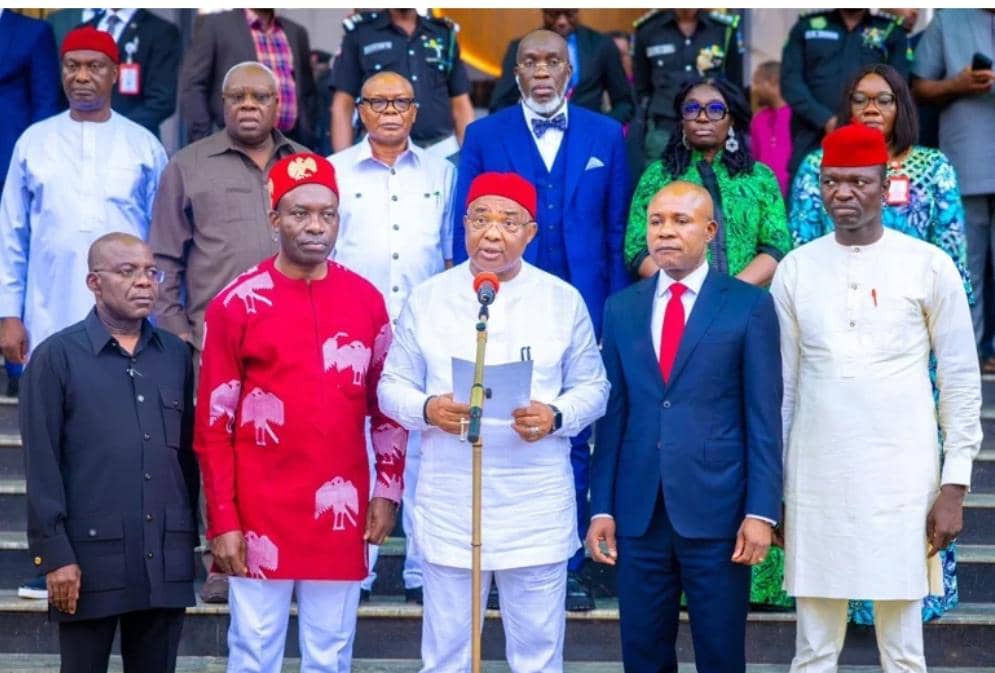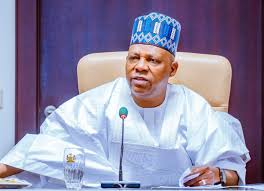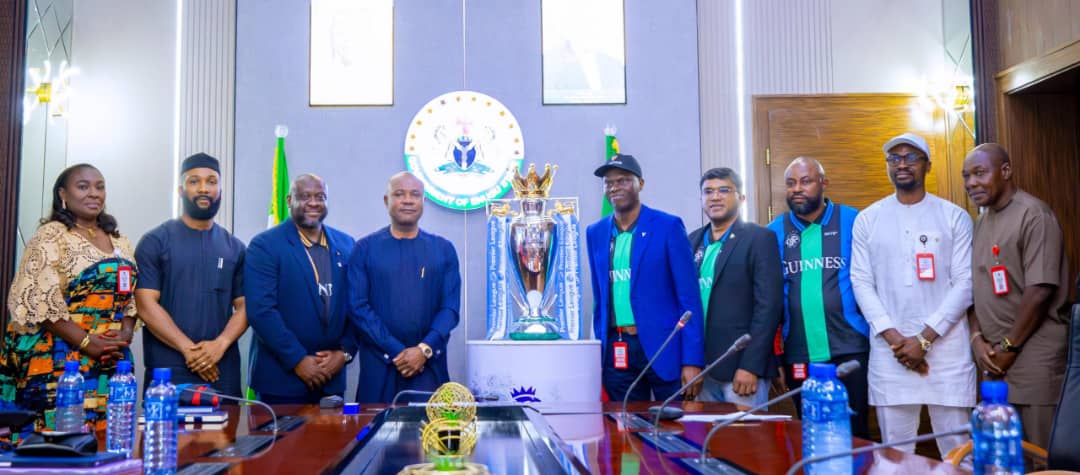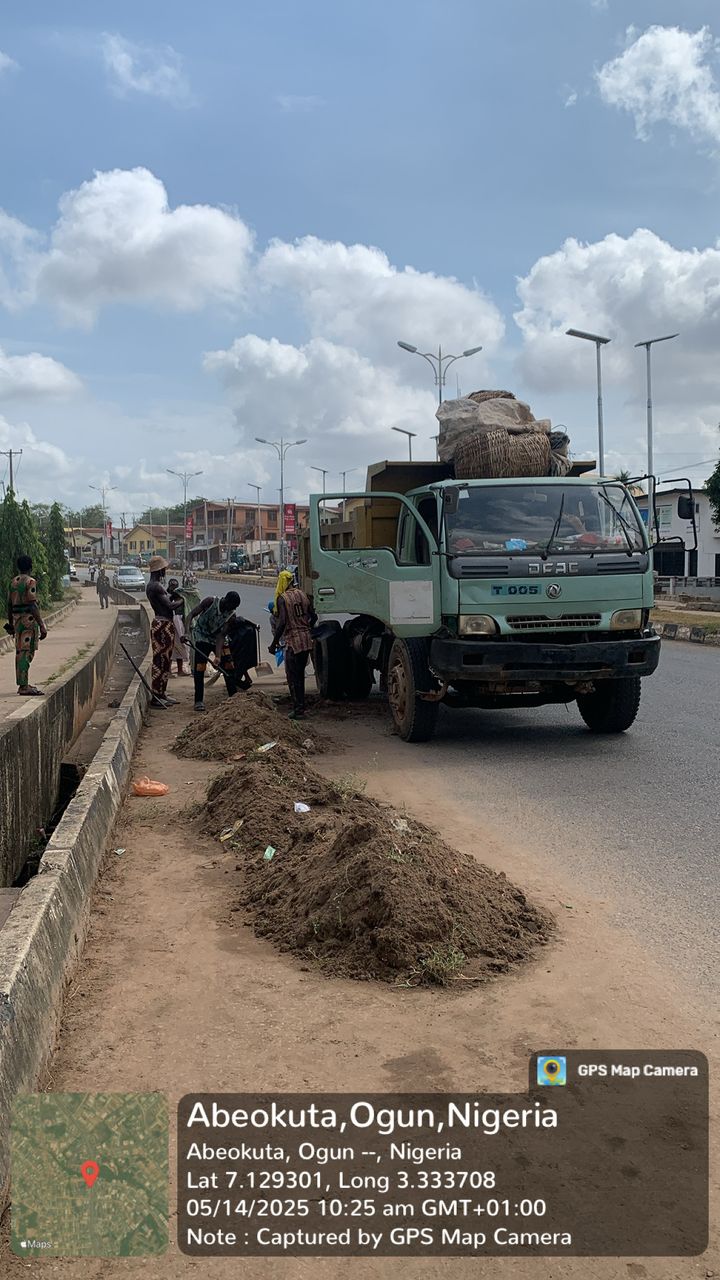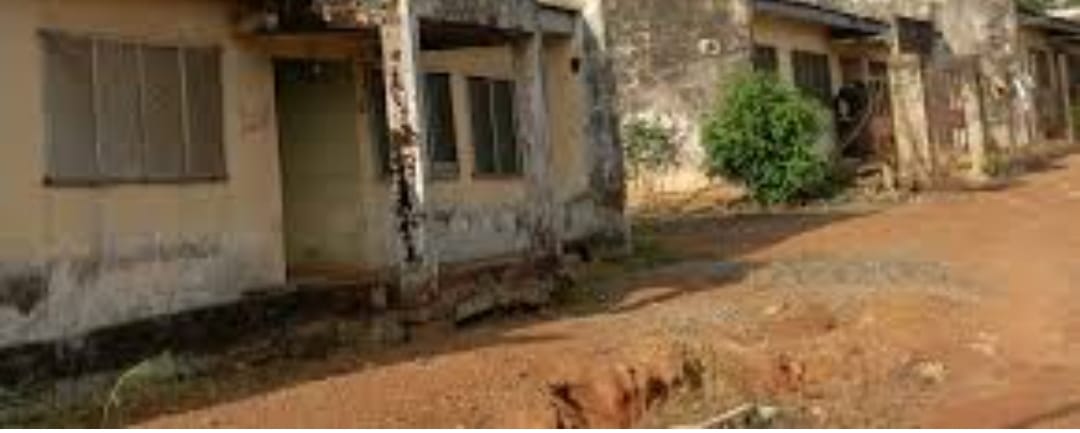
The Ondo State Government has unveiled plans to demolish official residential apartments occupied by civil servants in some parts of Alagbaka for redevelopment, including the construction of modern houses.
This plan has been received with much criticism from diverse stakeholders. We reflect on our research to advance some salient suggestions that could lead to a win-win situation for all concerned.
This plan, as reported, includes demolishing the bungalow dwellings and then reallocating the freshly subdivided land to private entities and/or rebuilding new houses which will be allocated using some parameters.
On the one hand, this represents an attempt to valourize latent capital. The value of land (approximately 31 hectares) on which this staff quarters (consisting of about 69 housing units) sits, has multiplied since the 1980s when the Governor Adekunke Ajasin-led Ondo State Government constructed the dwellings for civil servants in the State.
On the other hand, and more realistically, the plan appears as a recipe for elite capture under the guise of market fundamentalism in a milieu shaped by political patronage.
The plan is dubbed ‘urban renewal’. Actually, politicians in Nigeria often use the word ‘urban renewal’ for almost anything in the city – from tearing down an opponent’s building to simple routine maintenance of infrastructure in good conditions.
Technically, urban renewal deals with rundown areas and deprived neighbourhoods – making infrastructure upgrades, socio-economic empowerment and physical interventions in buildings to primarily improve quality of life for the same community residents. Would the plan for densification in Alagbaka escape gentrification?
If it were the many uncompleted road construction and rehabilitation projects in different parts of Akure being addressed, it would be a bit more justifiable to dub them ‘urban renewal’.
Findings from one of our studies on housing provision in Akure metropolis, which appeared in a 2011 issue of the Springer-published Journal of Housing and Built Environment, align with the fears of many commentators on the plan for Alagbaka Housing units.
Our analysis of ‘affordability based on a comparison between the price of the units and the maximum loan obtainable’ affirms the obvious. The conclusion ‘that no employee in public service can afford any of these units’ in government-developed estates is much truer given the current macro-economic indices.
So, if the plan to redevelop the cleared areas in Alagbaka is left to market forces, low- and middle-income persons will be excluded from the neighbourhood they hitherto occupied and/or economically shut out of the housing purportedly developed for them.
Serviced plots have been developed in Akure and beyond by federal or state government agencies such as the Ondo State Property Development Company. These plots are not available to the ordinary person. Due to land banking activities of speculators, one can hardly get allocated a plot directly at the official price.
The parallel market is active, but the prices are not for the socio-economically weak.
We propose that if the clearance and redevelopment of the Alagbaka Housing should go ahead, at least 30% of the dwelling units or plots created should go to i) former residents in the quarters or civil servants in the junior category provided they do not own a house elsewhere and ii) Akure residents who are verifiably in the low-income category.
Transparency is crucial if this recommendation would be implemented. The third sector should also be involved and a legally binding memoranda must guide the process. This approach, if implemented, is the hallmark of inclusionary housing where everyone has a right to the city.
– Olumuyiwa Adegun and Abraham Taiwo are academics in the School of Environmental Technology, Federal University of Technology, Akure.


















